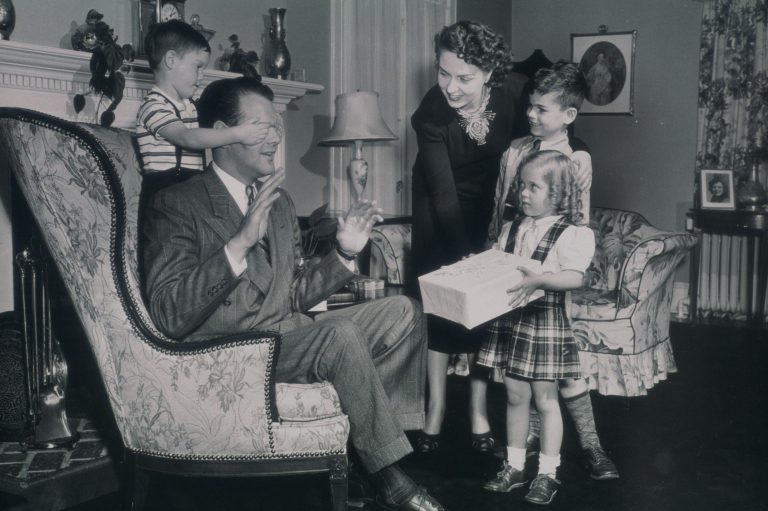Table of Contents
ToggleExpensive Christmas Gifts: Materialism or Meaningful Gesture?
The joyous season of Christmas often brings with it a flurry of gift-giving, a tradition rooted in celebrating the festival’s spirit. As consumerism has grown over the decades, the value and price of gifts have also soared. These pricier presents, while seen by many as a symbol of affection and generosity, are also criticized for propagating materialism. Here, we delve into the heart of this debate, examining why expensive Christmas gifts are often viewed as materialistic and discussing the pros and cons of such lavish gifting.
The Rise of Materialism: A Historical Perspective
Materialism is defined as a preoccupation with or emphasis on material objects, comforts, and considerations, often at the expense of spiritual, intellectual, or cultural values. As society progressed, especially in the latter half of the 20th century, there was a significant shift in the consumer landscape. With the rise of advertising, the mass production of goods, and the expanding global market, there was a surge in the acquisition of “things.” The holiday season, including Christmas, was not immune to this trend. Gifts that were once simple, handmade, or of modest value evolved into pricier commodities, often seen as status symbols.

Why Expensive Christmas Gifts are Viewed as Materialistic
The Emphasis on Price Over Purpose: When the value of a gift is primarily tied to its price tag, its deeper meaning can be overshadowed. The spirit of Christmas, rooted in love, togetherness, and joy, may seem secondary to the grandeur of the gift.
The Pressure to Keep Up: With the advent of social media, there’s a constant window into other people’s lives, including the gifts they give and receive. This exposure can lead to a subconscious competition, where giving expensive gifts becomes a way of “keeping up with the Joneses.”
The Temporality of Material Goods: Expensive items, be it the latest gadget or luxury accessory, often have a fleeting shelf life in terms of relevance and functionality. This transience can make such gifts seem more like fleeting pleasures than enduring tokens of love.

Pros of Expensive Christmas Gifts
A Genuine Expression of Affection: For many, an expensive gift is a genuine expression of their affection. They may feel that a valuable gift represents the depth of their feelings or serves as a token of their appreciation, while more affordable gifts can come across as stingy.
Durability and Quality: Expensive gifts often come with the promise of quality and longevity. A high-priced item, whether it’s a piece of jewelry or a tech gadget, might last longer and provide more satisfaction than its cheaper counterpart.
Memorability: Unique or lavish gifts can be memorable, leaving a lasting impression on the recipient. Such gifts can serve as cherished keepsakes, reminding the receiver of a special Christmas.

Cons of Expensive Christmas Gifts
Financial Strain: The pressure to buy expensive Christmas gifts can lead to significant financial stress. Individuals might stretch beyond their means, leading to debt or financial instability in the new year.
Warped Values: Emphasizing the monetary value of gifts can skew priorities, especially for younger members of the family. Children might grow up associating love and affection with material goods, leading to a materialistic mindset.
Diminished True Spirit of Christmas: The essence of Christmas lies in togetherness, love, and the joy of giving. When the focus shifts predominantly to the material aspect of the festival, its deeper, more spiritual significance might get overshadowed.
Environmental Concerns: The production, packaging, and disposal of expensive products often have a larger carbon footprint. Indulging in lavish gifting can inadvertently contribute to environmental degradation.

Finding a Balance
While there’s no right or wrong when it comes to personal gifting choices, it might be beneficial to reflect upon the motivation behind our gifts. Are they driven by societal pressure, a desire to impress, or a genuine expression of love?
Perhaps the solution lies in striking a balance. Gifts can be thoughtful and valuable without necessarily carrying a hefty price tag. Handmade gifts, experiences (like a special day out or a workshop), or even the gift of time can be as cherished as any expensive item. Furthermore, if one chooses to give pricier gifts, ensuring they align with the recipient’s values, needs, and desires can make them more meaningful.












+ There are no comments
Add yours